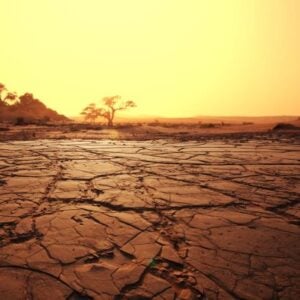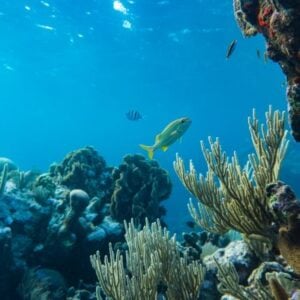This Global Tiger Day, the International Union for Conservation of Nature (IUCN) highlights the vital role of Indigenous Peoples and Local Communities (IPLCs) in protecting wild tigers. These communities have coexisted with tigers for generations, safeguarding landscapes that are essential not only for wildlife but also for ecosystem services such as water security, forest regeneration, and climate stability. The theme of this year’s campaign—“Securing the Future of Tigers with Indigenous Peoples and Local Communities at the Heart”—emphasizes the need for conservation efforts to be inclusive, equitable, and led by those most familiar with the land.
Tigers, as apex predators, serve as key indicators of ecosystem health. They help regulate biodiversity, maintain ecological balance, and protect natural resources. However, tiger habitats are not isolated wilderness areas—they are lived-in landscapes where IPLCs play a crucial stewardship role. Conservation strategies must therefore recognize and uphold the rights, knowledge, and traditions of these communities.
Since 2014, IUCN’s Integrated Tiger Habitat Conservation Programme (ITHCP), funded by the German Cooperation through the KfW Development Bank, has invested €47.5 million in 33 projects across major tiger range countries, including India, Nepal, Bhutan, Bangladesh, Myanmar, Indonesia, and Thailand. The programme adopts a rights-based approach that centers community involvement in conservation, ensuring their participation, livelihood support, and leadership.
ITHCP has contributed to a 40% increase in global tiger numbers between 2015 and 2022. It has restored over 10,500 hectares of tiger habitat and planted more than 500,000 trees to rehabilitate degraded areas. The programme has directly benefited over 95,000 people—more than half of them women—through initiatives in sustainable livelihoods, clean energy, and conflict mitigation.
In addition, ITHCP has enhanced capacity on the ground by training over 10,000 individuals in habitat management and law enforcement, while more than 675,000 people have been reached through awareness campaigns promoting coexistence and conservation. This integrated approach aligns ecological and human goals, fostering conditions for long-term harmony between people and wildlife.
In October 2024, IUCN released a report marking ten years of ITHCP achievements, celebrating the critical role of IPLCs in tiger conservation success. To further highlight these efforts, a new video launched this Global Tiger Day features field stories and amplifies the voices of community leaders, emphasizing the importance of traditional knowledge and cultural connection to land.
ITHCP stands as a model for inclusive conservation, demonstrating that protecting biodiversity, restoring ecosystems, and empowering communities can be pursued together. With continued support, the programme is poised to further advance tiger recovery and sustainable development across Asia.
As Global Tiger Day 2025 is observed, IUCN reaffirms its dedication to community-driven conservation. By collaborating with IPLCs, governments, donors, and other stakeholders, IUCN is helping build a future where both tigers and the communities who protect them thrive.







